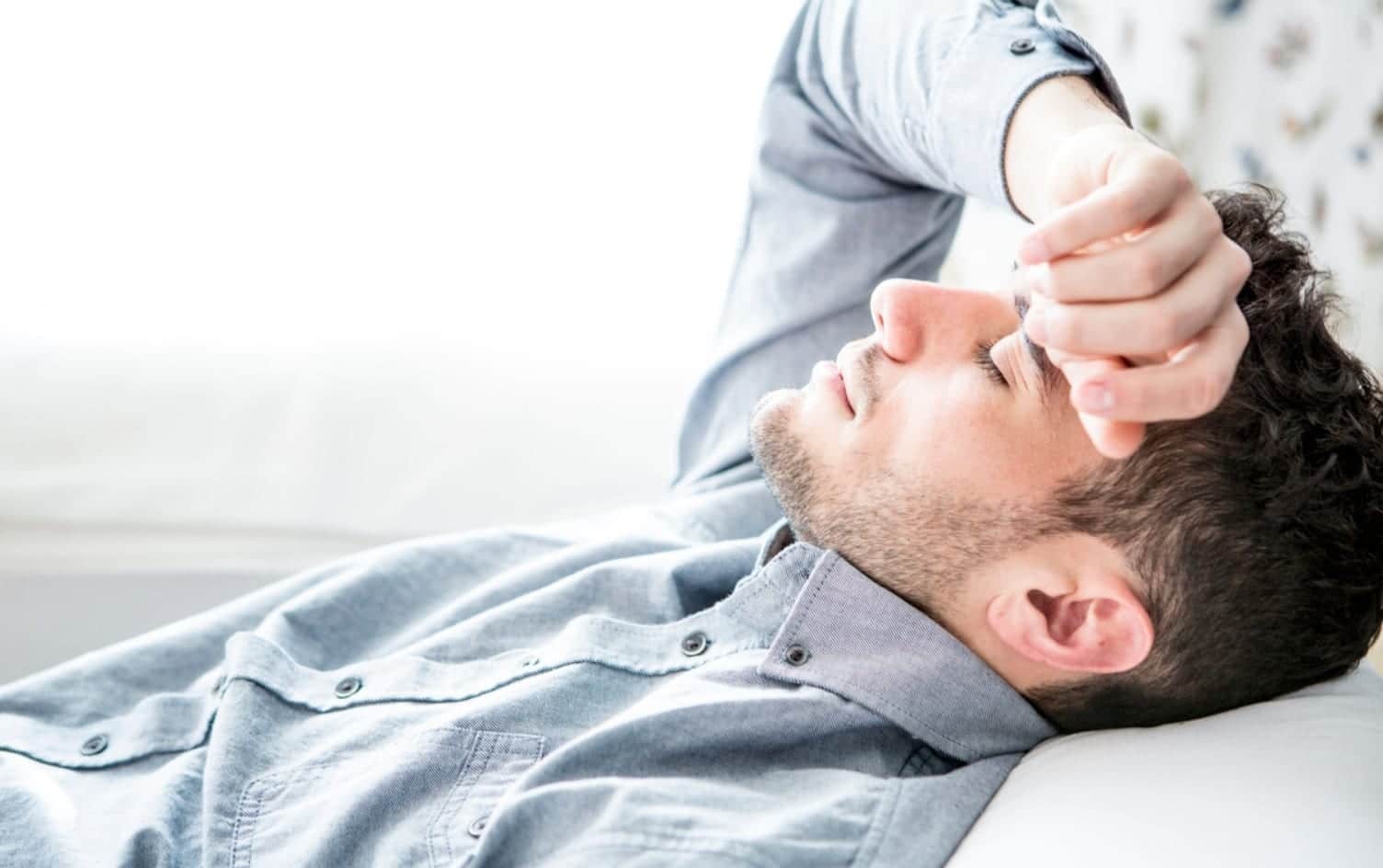There are few things more enjoyable than crawling in between your sheets into the coziness of your own bed at the end of a long day. On the to-do list: quality time with your pillow and some good shuteye.
But are you prioritizing your sleep schedule like you do that late afternoon meeting with your boss? Getting enough zzz’s is critical to almost everything you do during your waking hours, but don’t just take our word for it — science agrees. Compared to those who snagged a full night’s rest, people experiencing sleep deprivation are more likely to be stressed. Plus, a single night of sleep deprivation is enough to up levels of ghrelin (and, in turn, feelings of hunger).
“Sleep’s important because it is the time your body repairs and restores itself from the rigors of the previous day and prepares your body and mind for the next waking period,” says Dr. Fredric Jaffe, associate professor of thoracic medicine and surgery at the Lewis Katz School of Medicine at Temple University. “Sleep is essential to good health because without it there is no way to maintain health and wellness.”
On average, you should aim for between 7–9 hours of sleep each night, according to the National Sleep Foundation. While there are people who function well on less, it’s important to be aware of the red flags that signal you need more quality shuteye. Here, experts give us the lowdown on what to look out for if you’re struggling with sleep deprivation:
YOUR PRODUCTIVITY IS SUFFERING
Insomnia costs the average U.S. worker 11.3 days, or $2,280 in lost productivity every year, according to a study in the journal Sleep. “When we sleep, the body’s glymphatic system clears out accumulated waste from the brain” says Martin Reed, who holds a certification in clinical sleep health and is the founder of Insomnia Coach. “This cleaning process takes place during the deepest stage of sleep (slow wave sleep), further emphasizing the importance of a good night of sleep.” When you miss out on this “cleaning process,” you can experience memory impairment, daytime fatigue and difficulties concentrating and staying focused.
YOUR LIFE FEELS LIKE IT’S IN CHAOS
We all have those days where we can’t seem to get organized no matter how hard we work. “Experiencing increased irritability or lack of care for otherwise important daily tasks can be hugely important signs that you are not getting the sleep you need,” says Dr. Sujay Kansagra, Mattress Firm’s sleep health expert and the director of Duke University’s Pediatric Neurology Sleep Medicine Program. “Since sleep helps to regulate mood, becoming irritated or impatient can be a nasty side effect of your lack of sleep.”
YOU AREN’T ACHIEVING YOUR EXERCISE GOALS
Physical fitness is essential to a healthy and well-balanced lifestyle, but when you barely have the energy to get through a full work day, a workout is often your last priority. “Instead of skimping on your sleep and your workout, make sure you are prioritizing your own health and well-being by taking the time do what matters most,” suggests Kansagra. Recharge with a good night’s rest, then hit the gym. Your performance will be better, and you’ll feel better for it.
YOU’RE HUNGRY, CONSTANTLY
“Increased hunger results from lack of sleep as fatigue bumps up production of ghrelin, the hunger hormone, and decreases production of leptin, the satiety hormone,” says Dr. Amelia Bailey, Reverie sleep advisory board member. A helpful tip: Pour yourself a glass of water before reaching for that second afternoon snack. This way, you can avoid consuming unnecessary calories and really feel out whether your hunger is hunger or something else.
YOU FALL ASLEEP THE MOMENT YOUR HEAD HITS THE PILLOW
Believe it or not, there is such a thing as falling asleep too fast. Generally, the average person without excessive sleep deprivation falls asleep within 5–15 minutes of getting into bed. Longer than 20–30 minutes could be indicative of insomnia. For this example, fast would be considered less than five minutes.
Instead of plowing through end-of-day tasks, change, get yourself into bed sooner and you’ll be more productive the following day.




